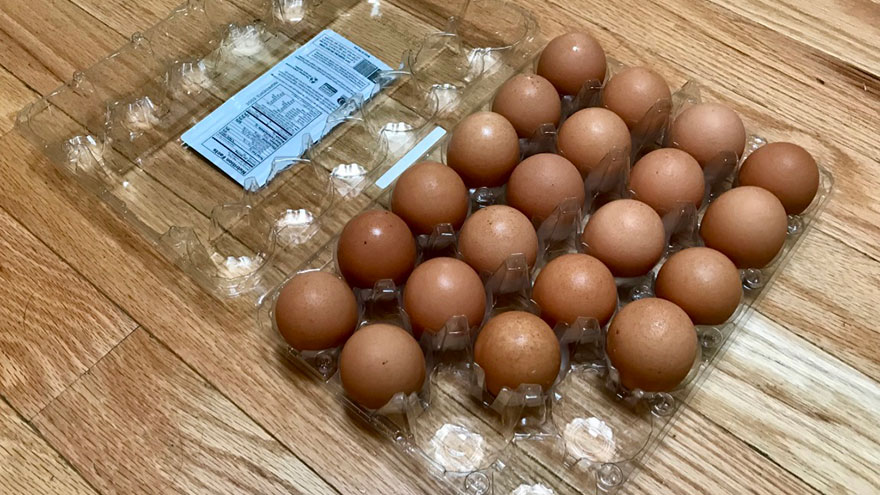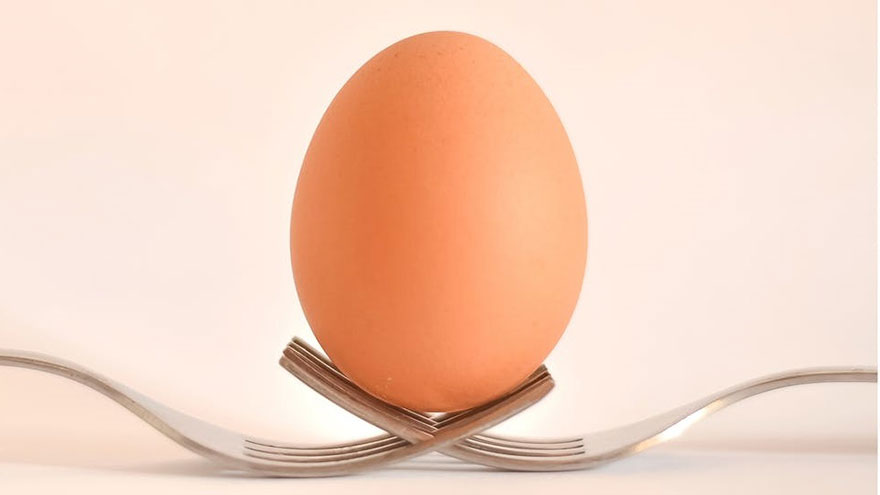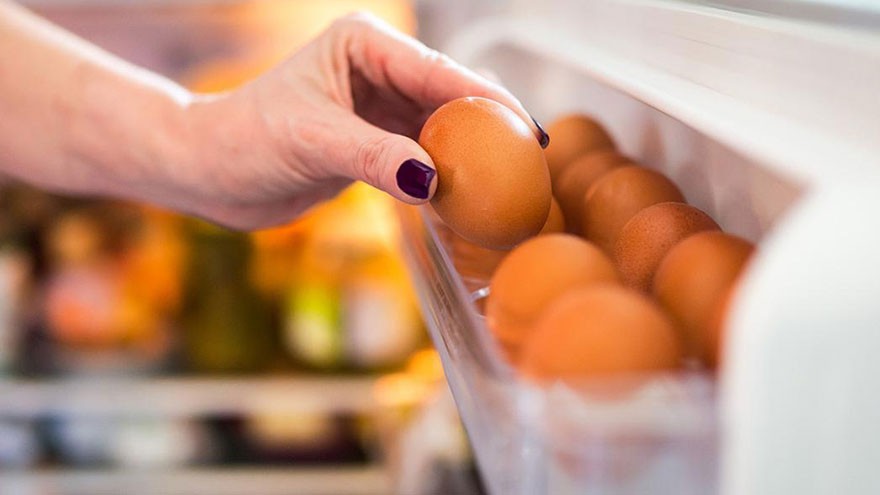A Guide to Buying and Cooking Eggs
Although eggs have received a bad reputation in recent years, eggs are actually a high nutritious and healthy food. They are a good source of protein, low in calories, and a great source of choline. About 90% of Americans are choline deficient, a condition that can cause liver and muscle damage.
Eating eggs is also great for your eyes, helps prevent blood clots, and may also help with weight loss.
In one study, women who ate two eggs every morning lost nearly twice as much weight, had an 83% greater decrease in their waist size, and said they were more energetic than women who ate no eggs for breakfast.
What about cholesterol?
Although doctors once recommended avoiding eggs because of their cholesterol content, experts now say it is the level of saturated fat in a person’s diet – not the level of cholesterol they consume – that affects heart health.
How to Read an Egg Carton
According to the FDA, many eggs appear on grocery store shelves only a few days after being laid. Nonetheless, it can be difficult to know how long the eggs have been sitting in the grocery store.
Look for eggs with a USDA grade shield on them; this indicates they are from a government inspected plant and must be marked with the date the eggs were washed and packed in their carton. For example, eggs packed on January first are marked 001; eggs packed on December 31st are marked 365.

Most egg cartons also have a “sell by” date that indicates a guideline for when the eggs should be sold – which is thirty days after the packaging date. The sell by date does not indicate when the eggs will go bad.
It’s impossible to say how many days eggs can be stored in your kitchen before going bad, since you have no idea what conditions the eggs were kept in before you purchased them. As a general rule, however, eggs can be eaten at their full (or nearly full) nutritional levels for about five weeks after their pack date or three weeks after you purchase them.
How to Test Eggs for Freshness
Whether you’ve kept store bought eggs beyond the recommended guidelines or you’re gathering your own eggs, there is a simple way to test the freshness of eggs. Fill a deep bowl with water and lower an egg into it. Fresh eggs sink to the bottom and lie on their side.

As an egg ages, more air is allowed into the shell; therefore, it will float and stand upright in the water (with the smaller end upwards). If an egg floats only a little, it’s still fine to eat it. But it the egg doesn’t touch the bottom of the bowl at all, it should not be consumed.
How to Store Eggs
The best method for storing eggs is to keep them in their original carton and place them in the refrigerator immediately upon bringing them home.

What Are The Healthiest Ways To Cook Eggs?
Most of us have simple, traditional egg dishes we love, whether scrambled eggs for breakfast or hard boiled eggs for Easter. For fresh ideas on cooking with eggs, check out Our Deer’s egg recipes.
A common problem in commercial kitchens is scrambled eggs that turn green. This is harmless, but unless you’re a big fan of Dr. Seuss’ Green Eggs and Ham, may not be appetizing. To prevent green eggs, use a stainless steel pan and cook the eggs at medium temperature, using small batches. If the cooked eggs must sit before being served, use a pan of hot water between the egg pan and the heat source.

Most eggs sold in shells are not pasteurized, which leads to concerns about salmonella food poisoning. Although you may read that eggs free of cracks cannot contain salmonella, this is incorrect. Even perfect eggs without blemish can contain this bacteria. Therefore, when handling any egg, be sure to wash the shell just before using (do not wash the eggs and then store them) and cooking thoroughly so the bacteria is killed.
Any egg with an uncooked, under-cooked, or runny yolk is high risk for salmonella poisoning. Also be sure to disinfect any surfaces, pans, or utensils that come in contact with raw egg.
Check out the video version of this article on YouTube : A Guide to Buying and Cooking Eggs

